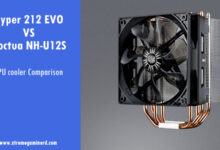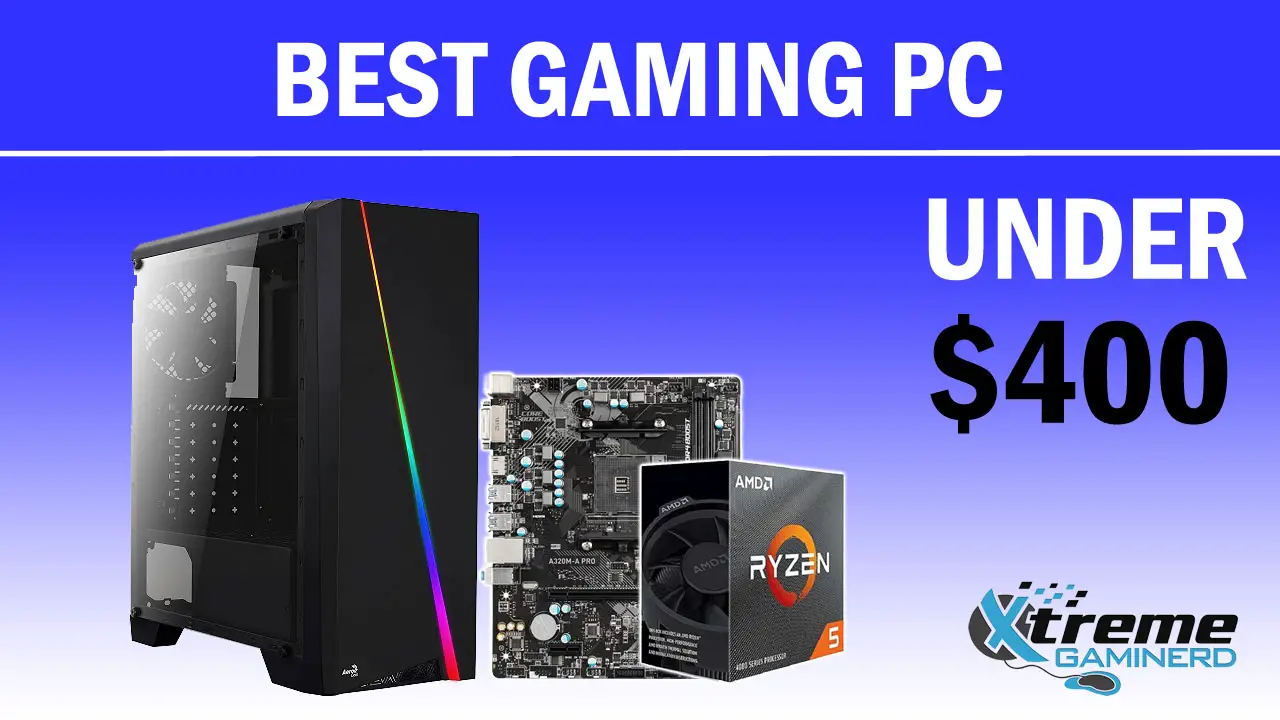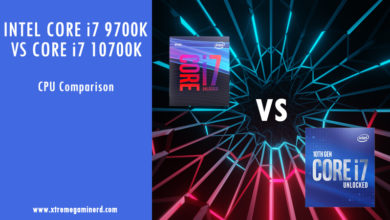When it was almost over for the Intel Alder Lake, Intel made sure that the Ryzen 7000 series processors get a good taste from the all-new Raptor Lake processors.
This time we have a complete obliteration from Intel in several years since the Ryzen CPUs started taking over and although the Alder Lake CPUs were pretty much as successful as the Ryzen 5000 series, the 13th gen Raptor Lake CPUs has dethroned all the previous-gen CPUs.
In this post, we are going to take a look at the most popular gaming CPUs, the Core i5 unlocked from the Alder and Raptor Lake series. It is absolutely necessary to compare both the i5 12600K and the i5 13600K in every area to see which one is a better choice for building a brand-new PC.
We will compare these two CPUs in their specs, performance, compatibility, thermals and power consumption, and finally the value for the price.
Specifications Difference
SPECS | Intel Core i5 13600K | Intel Core i5 12600K |
Code Name | Raptor Lake | Alder Lake |
Lithography | Enhanced Intel 7(10nm) | Intel 7(10nm) |
Socket | LGA 1700 | LGA 1700 |
Cores/Threads | 14/20 | 10/16 |
Clock Speeds | 2.6-3.9GHz/3.5-5.1GHz | 2.8-3.6GHz/3.7-4.9GHz |
L2/L3 Cache | 20/24MB | 9.5/20MB |
TDP | 125W-181W | 125W-150W |
Integrated Graphics | Yes | Yes |
It is clear from the specs that Intel has made the most significant changes from Alder Lake to Raptor Lake and has almost taken the 13600K to an i7-level from the previous gen.
The core and thread count has been increased dramatically and the i5 13600K no longer looks like a Core i5 but more like a Core i7. However, it is interesting to note that while the processor features a combination of Performance and Efficient cores, there is no increase in the former but only in the latter.
The i5 13600K retains the same 6 Performance cores from the previous gen but doubles the Efficient cores to 8. Now the total core count is 14 while the threads are 20.
Another great improvement is the increase in the L2 and L3 cache memory which further enhances the performance theoretically. All of this does come with an increase in power consumption, so we are seeing 20% more TDP at full load.
Motherboard Compatibility
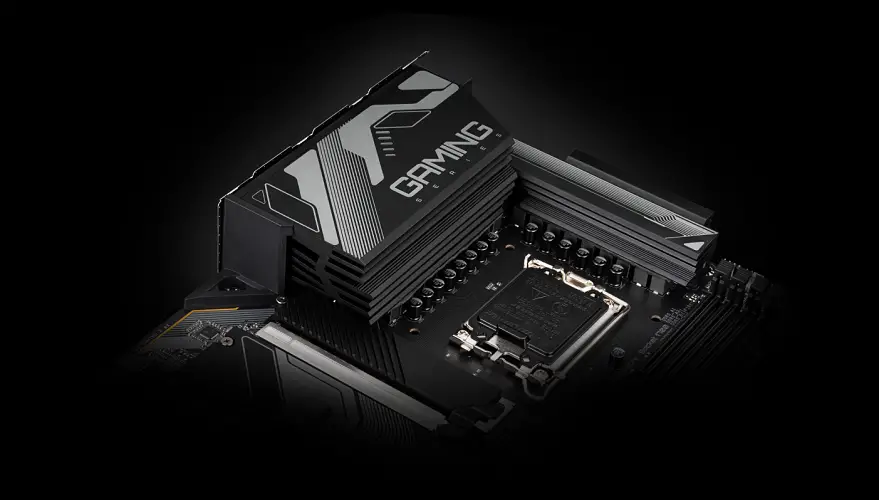
By default, both the CPUs are compatible with LGA 1700 sockets and therefore, can work out of the box on any LGA 1700 motherboard. Of course, the older motherboards with this socket may require some BIOS update if used with the i5 13600K but that should be no problem.
Only these two generations share the same socket and there is no other socket that they are compatible with. Also, LGA 1700 socket is supposedly expiring with the Raptor Lake CPUs and we are going to have a brand new socket for the 14th gen CPUs.
LGA 1700 motherboards come with various chipsets that include 600 and 700 chipsets. 700 chipsets are comparatively newer and more expensive due to improved features. Only the Z690 and Z790 are the unlocked chipsets that are going to allow overclocking of both the i3600K and 12600K.
Other chipsets will support the CPUs but won’t allow overclocking.
No products found.
RAM Compatibility
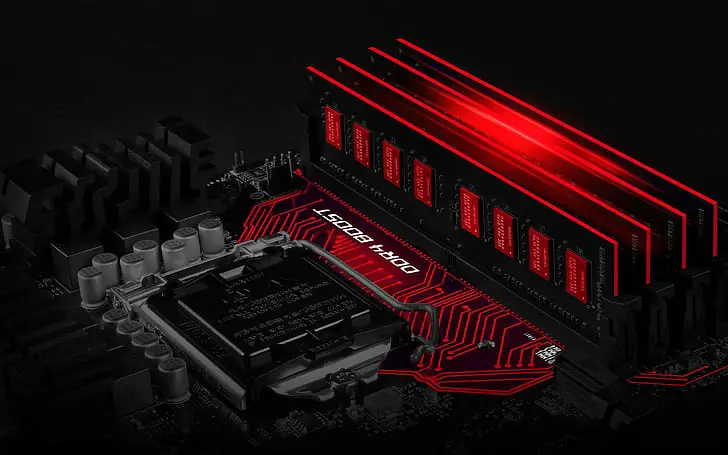
RAM compatibility is no issue for these CPUs. They are compatible with both DDR4 and DDR5 RAM out of the box.
The memory support for the i5 13600K is better with higher RAM frequency support. The 12600K supports DDR4 3200MHz and DDR5 4800MHz natively whereas the 13600K supports DDR4 3200MHz and DDR5 5600MHz.
Motherboards from both the 600 and 700 series also come in DDR4 and DDR5 editions but the 700 series is particularly more inclined towards DDR5 as Intel wants to make DDR5 the norm. While previously Intel was trying to ditch DDR4 completely on the 700 series, fortunately, this didn’t happen.
Gaming And Applications Performance

Real-world benchmarks are everything when it comes to a fair comparison. Other factors as explained in the article also matter a lot but without getting the performance number, no processor can be declared the winner.
Even though it is clear from just the specs that the i5 13600K is more likely the faster processor, it is important to see how much performance gap it can create with the 12600K. Therefore, we are going to consider their performance in both games and CPU-oriented applications for a clearer picture.
As a lot of third-party sources have already benchmarked these CPUs, you can easily get the results but we will compare the results of a few sources to have a better and fair comparison between the two. I am considering the tests done by GamersNexus((https://www.youtube.com/watch?v=todoXi1Y-PI&ab_channel=GamersNexus)), Tomshardware((https://www.tomshardware.com/reviews/intel-core-i9-13900k-i5-13600k-cpu-review)), Techspot((https://www.techspot.com/review/2555-intel-core-i5-13600k/)), and Guru3D((https://www.guru3d.com/articles_pages/intel_core_i5_13600k_review,1.html)) which are some of the most trusted sources online. Yes, there are some more sources but we don’t need more than 4-5 reviews to have a clear picture.
In gaming, the results of each of these sources aren’t very close and we are seeing a performance gap between 10-20%. 10% and 20% are not the same and definitely not close enough. So, that’s why it’s important to consider more than one benchmark to conclude the results.
Most of these sources used more than 4-5 games but only Techspot used the most number of games for the benchmark. Both GN and Techspot gained around 13% performance boost with the 13600K over the 12600K and Toms got 19%. Guru3D settled for 9%. So, most likely the performance gap between the two CPUs in gaming is somewhere between 9-14% which is more accurate.
No products found.
Of course, these reviewers used different configurations and there are other performance-affecting factors as well. Overall, we can see that the results are consistent with around a 9-14% of performance difference between the two in video games.
As for the difference in performance in CPU-oriented applications, comparing and analyzing all the test numbers isn’t easy and we have to get a rough idea. It’s clear from the tests that 13600K increases the gap significantly in multi-threaded applications where we can see the performance increase of around 30% but the single-threaded performance is only 4-5% higher than the 12600K . This is because the Raptor Lake CPUs don’t use a completely new design but some improvements here and there.
However, as a lot of applications love more cores/threads, the 13600K is much ahead of the 12600K including in rendering, compression, decompression, compilation, and encoding. The performance gap remains between 30-40% in most of these tests which shows the true capability of the i5 13600K.
Thermals And Power Consumption
It is clear from the specs that the i5 13600 has a 31W higher power consumption at full load but the default TDP remains at 125. It should be understood that despite having clear data on the power consumption from Intel itself, the power consumption will still vary and no two tests will give you the same result as every configuration is different, the software, duration of the test, and the total load are also different.
Still, we have a similar result across all these sources except Toms, where the i5 13600K consumes roughly 32-39W more than the 12600K. Of course, this also increases its temperature but there is no clear data on the temperature difference between the two.
Value For The Price
The Core i5 12600K was launched at a price of $320 which is the same launch MSRP of the 13600K as well. Considering their original MSRP, the 13600K is a way better choice and even better than the Ryzen 7600X.
However, the price of 12600K has been reduced since the launch of 13600K and is currently available for $280. So, the 13600K is 14% more expensive right now for 9-14% better gaming performance and for 30-40% better performance in applications.
At the time of writing, the price of 13600K is reduced to $300 which puts the 13600K in an even much better position.
The 13600K definitely looks like a real deal. Even if you consider the total cost of the PC with the 13600K, you will still obtain better value as the 13600K can literally use the same motherboard, same cooler, and same RAM.
Final Words
The i5 13600K is currently the best $300 CPU to buy and will be an amazing option for the next several years to come. Let me know if you are going for the i5 13600K or 12600K below in the comments.
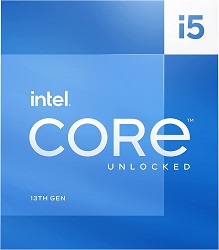
Reasons To Buy Core i5 13600K
[wp-svg-icons icon=”thumbs-up” wrap=”i” color=green] Better value for money
[wp-svg-icons icon=”thumbs-up” wrap=”i” color=green] More cores and threads
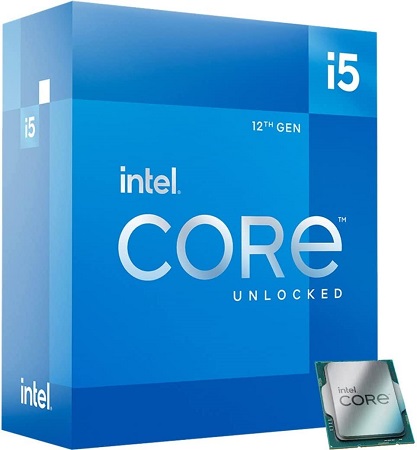
Reasons To Buy Core i5 12600K
Related:
